
Poland offers a variety of housing options, from modern flats in major cities to cosy houses in picturesque regions. The property market is developing dynamically, attracting both locals and foreign investors
Read more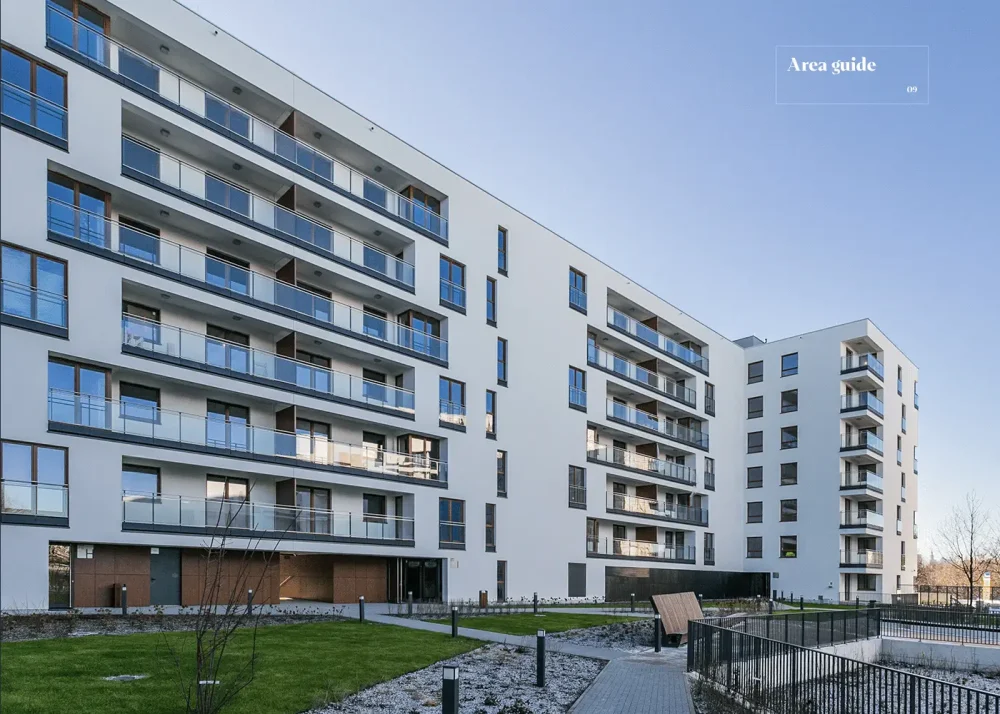
The modern market offers hundreds of square meters with finishing and location. Not every object can become an asset that enhances capital. The premium format is not limited to high prices or external glamour. What is luxury real estate? It is a system where architecture, engineering, status, comfort, and investment logic come together to create …
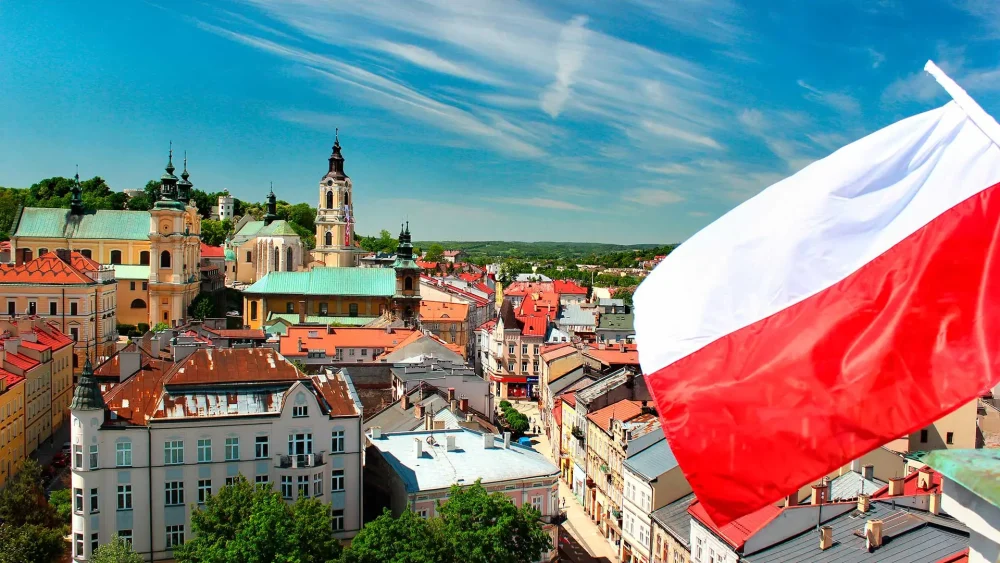
One stamp on a document can turn freedom into a condition. The status indicated in the residence dictates not only the format of stay in the country, but also the scale of actions. The differences between a residence permit and permanent residence lie deeper than the legal shell: they determine who is temporarily supervising and …
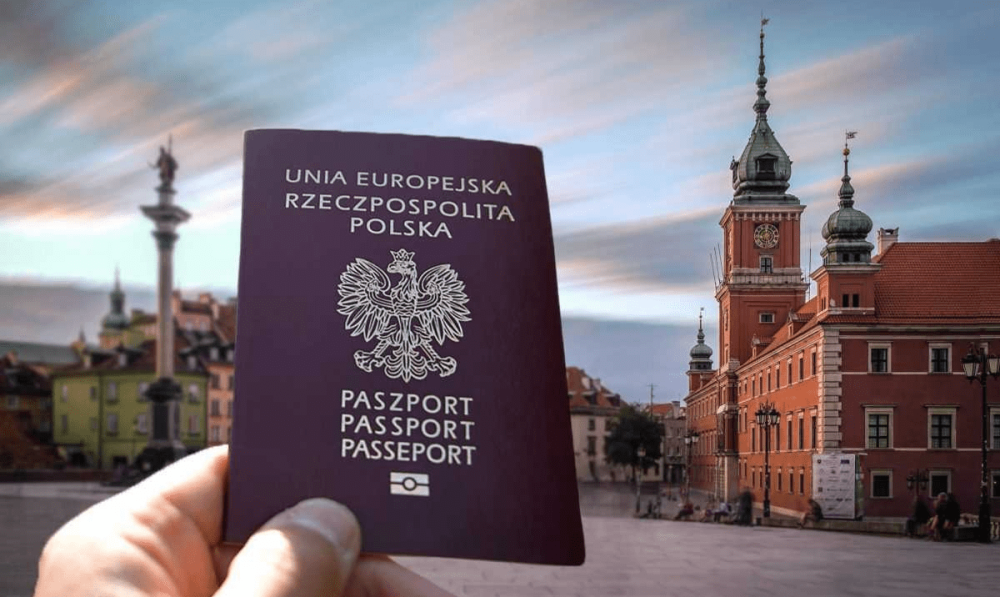
Obtaining a Polish passport is not just a formality. The document opens access to full freedom of movement within the EU, gives the right to employment without authorisation, and guarantees protection from deportation and permanence of status. How to obtain a Polish passport in order to turn a temporary stay into a stable legal position: …
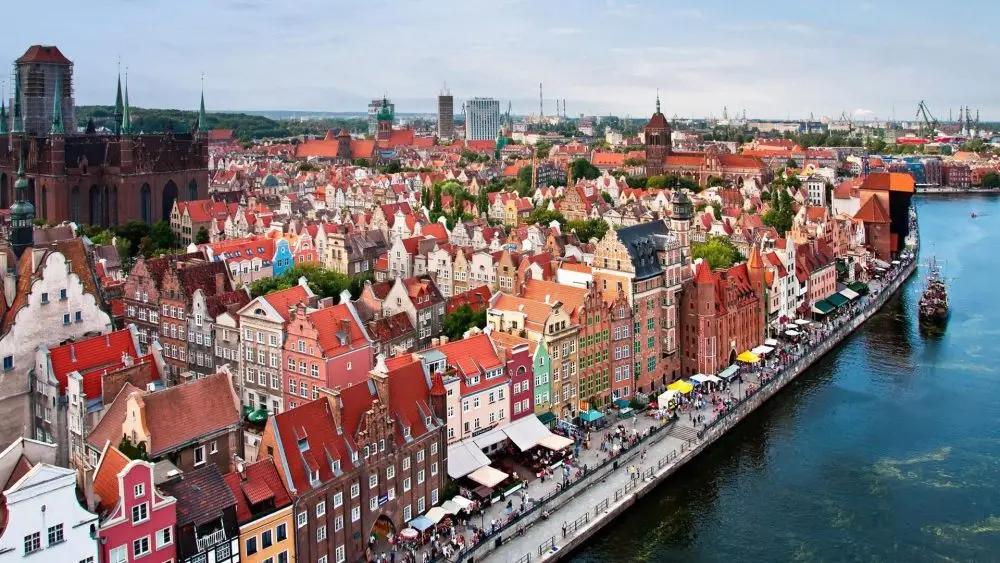
Investing abroad offers a wide range of opportunities to strengthen the financial base and diversify assets. Investments in commercial property are of particular interest in this strategy. By acquiring such properties in Poland or other countries, investors benefit from the stability of the local economy, tax and legislative incentives. These factors are obvious advantages of …
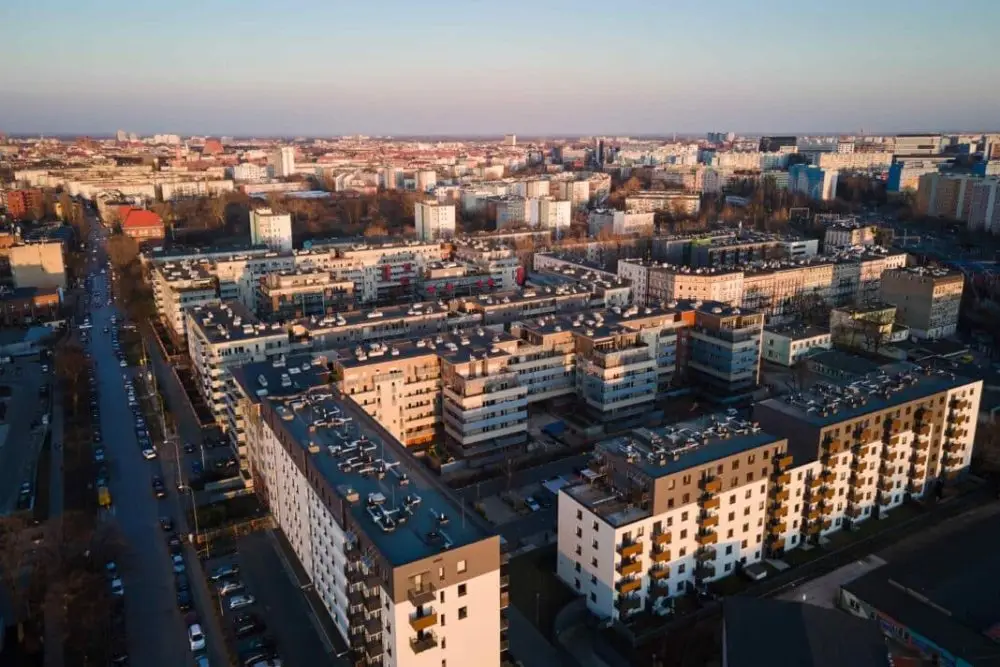
Mortgages in Poland for foreigners have become a key financial mechanism for buying a home in the EU. The Polish property market is showing steady growth. Demand is supported by a stable economy, favourable geographical location and a developed banking system. The country’s financial institutions willingly provide loans not only to citizens, but also to …
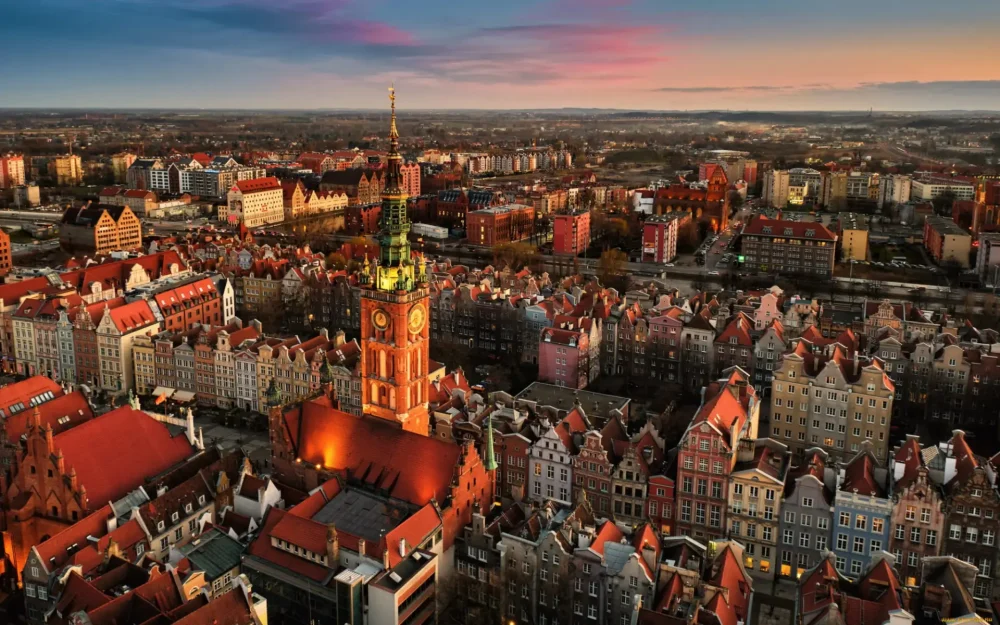
Poland remains one of the most attractive countries to move to due to its developed economy, low unemployment rate, affordable housing prices and well-designed infrastructure. The country offers excellent conditions for work, business, education, as well as immigration programmes that make it easier to obtain permanent residence. Choosing the best city in Poland to live …
Portugal is famous for its mild Mediterranean climate, which attracts people from all over the world. Always warm winters and sunny summer months
Portugal offers foreign investors attractive tax incentives and residency programmes, such as the Golden Visa
The property market in Portugal continues to grow, especially in cities such as Lisbon, Porto and the Algarve. This growth is driven by strong demand
Portugal ranks high in world rankings for quality of life and security. Stable political environment, low crime rate
Poland offers a wide range of property to buy and rent, attracting both locals and international investors. With a growing economy, stable political situation and developed infrastructure, the country is becoming an increasingly popular choice for those looking for favourable investments
